When it comes to fishing, the technique you choose can make all the difference in your success on the water. Two popular methods, fast jigging and slow jigging, each have their own unique advantages and appeal to different types of anglers. But which one is truly the best for your next fishing trip? Let's dive into the details and compare these two techniques to help you make an informed decision.
What is Fast Jigging?
Fast jigging is a high-energy fishing technique that involves quickly jerking the rod to create a rapid up-and-down motion in the water. This method is known for attracting aggressive fish species like tuna, kingfish, and amberjack. Fast jigging requires strong, quick movements to entice these fast-swimming predators to strike.
What is Slow Jigging?
On the other hand, slow jigging is a more methodical approach that involves a slower, more deliberate movement of the rod to create a subtle, fluttering action in the water. This technique is effective for targeting bottom-dwelling fish like snapper, grouper, and cod. Slow jigging requires patience and finesse to entice these cautious feeders to bite.
Which Technique is Best for You?
Choosing between fast jigging and slow jigging ultimately depends on the type of fish you're targeting and your personal fishing style. If you prefer a high-energy, adrenaline-pumping experience and are after fast-swimming predators, fast jigging may be the way to go. On the other hand, if you enjoy a more relaxed, strategic approach and are targeting bottom-dwelling species, slow jigging could be the better choice.
It's important to consider the conditions of the water, the behavior of the fish, and your own comfort level with each technique. Experimenting with both fast and slow jigging can help you determine which method yields the best results for your fishing trips.
Whether you're a seasoned angler looking to switch up your fishing style or a beginner eager to try something new, exploring the differences between fast and slow jigging can enhance your fishing experience and lead to greater success on the water. So, which technique will you choose for your next fishing adventure?



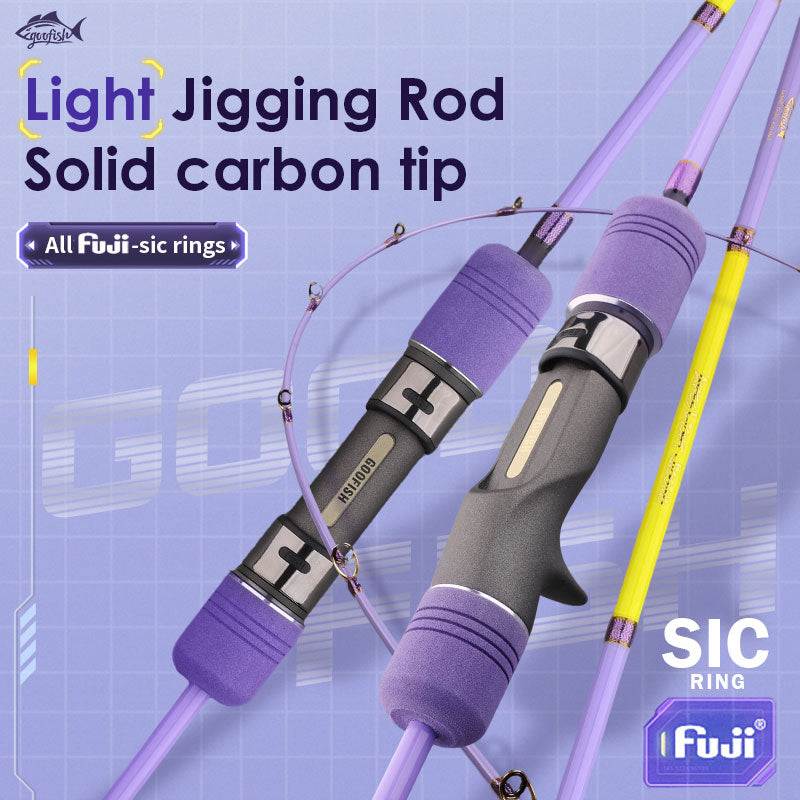
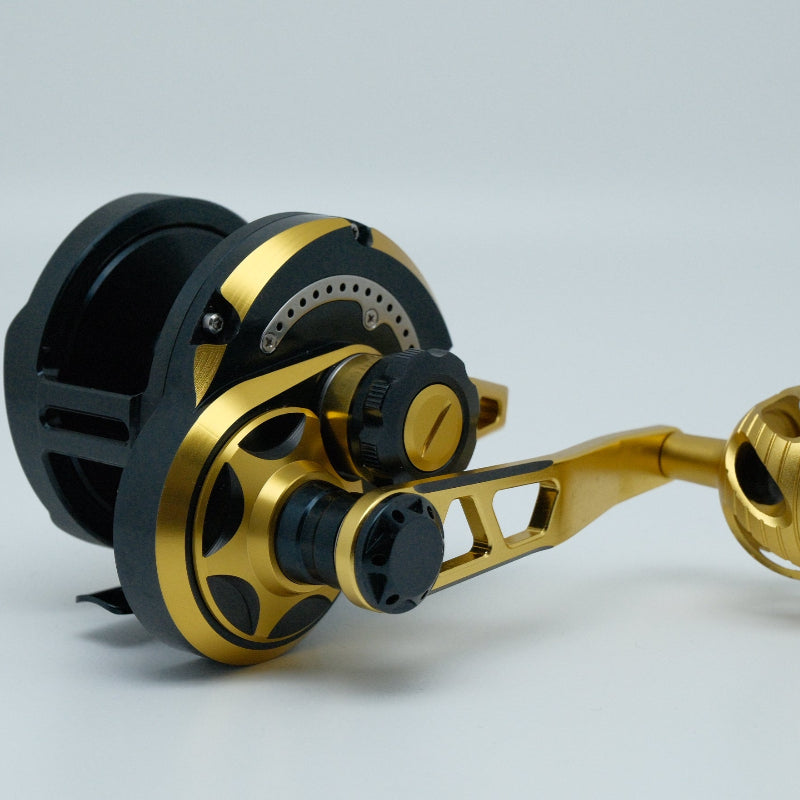
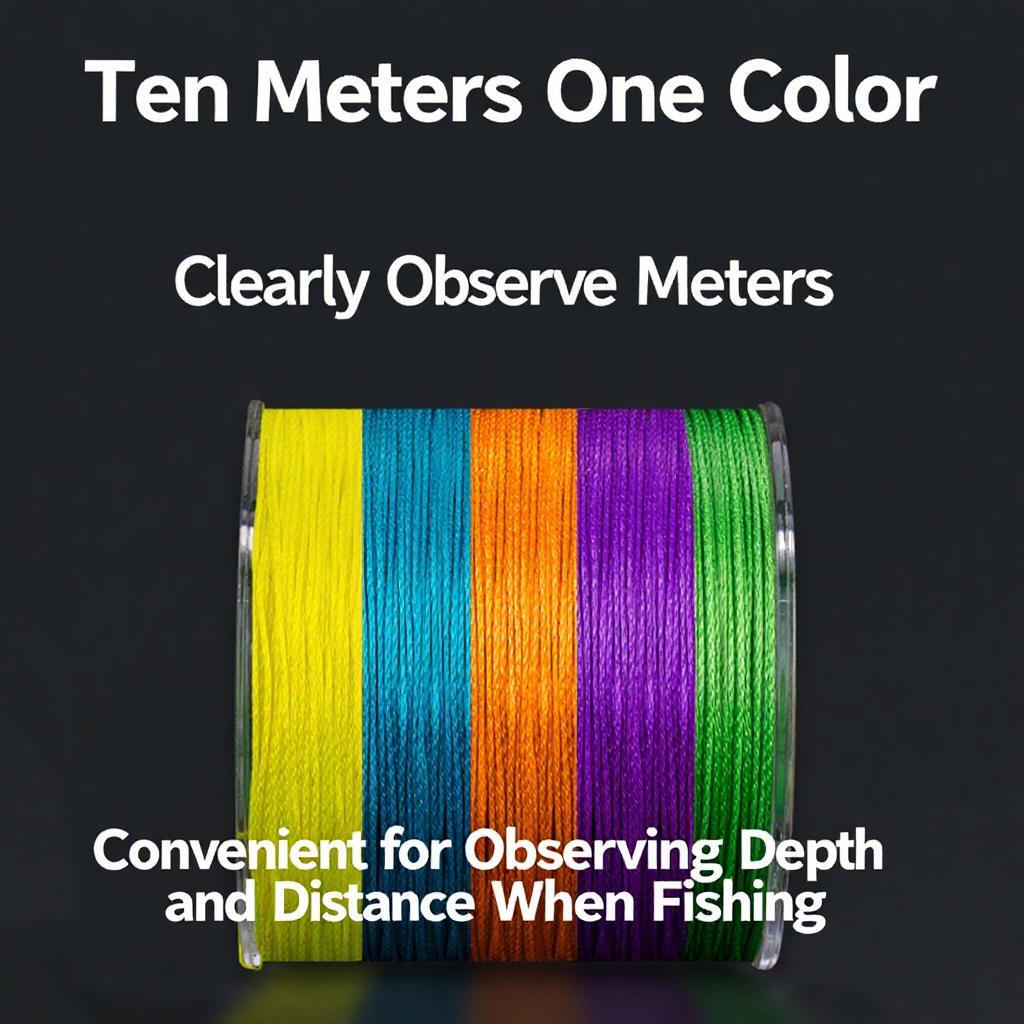
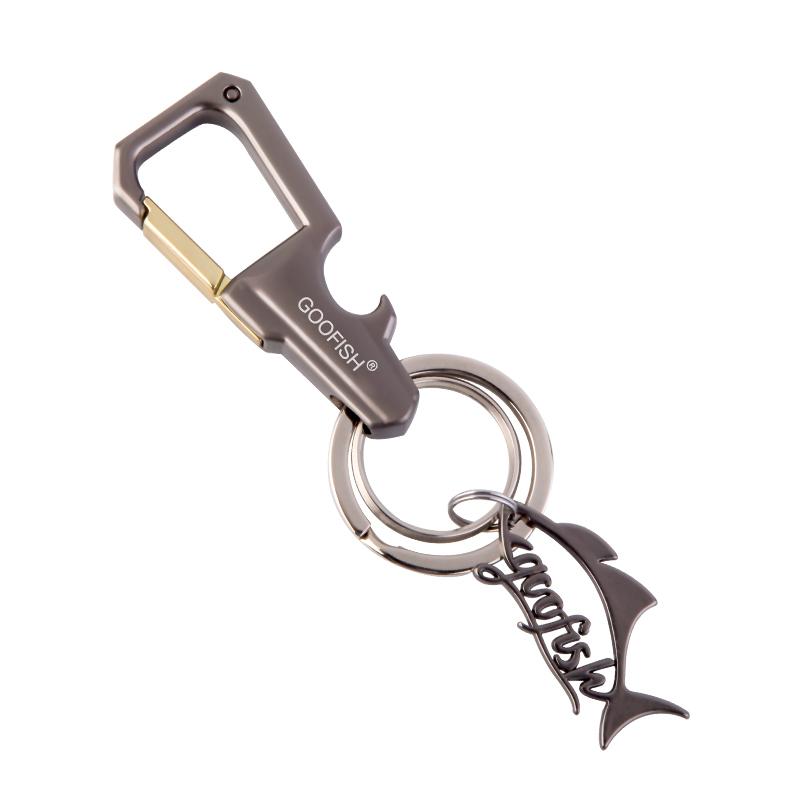



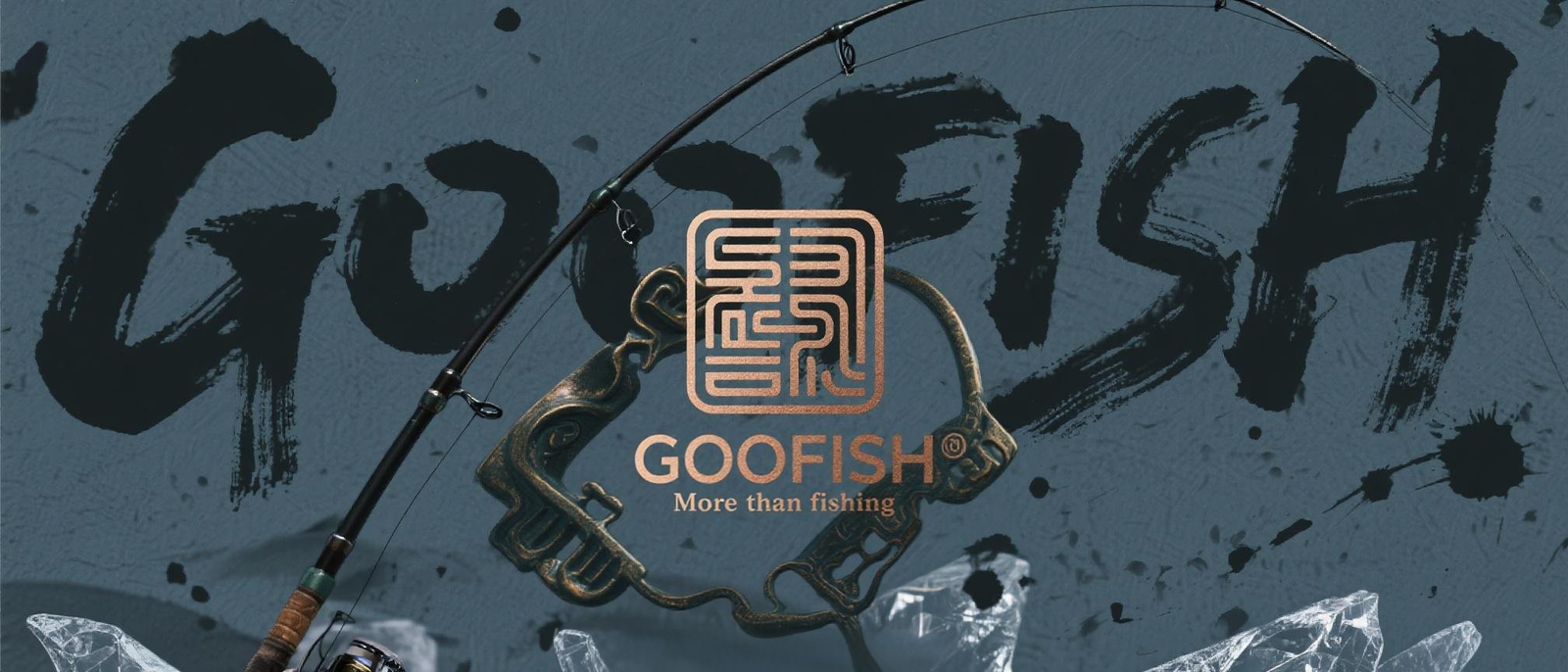
Leave a comment